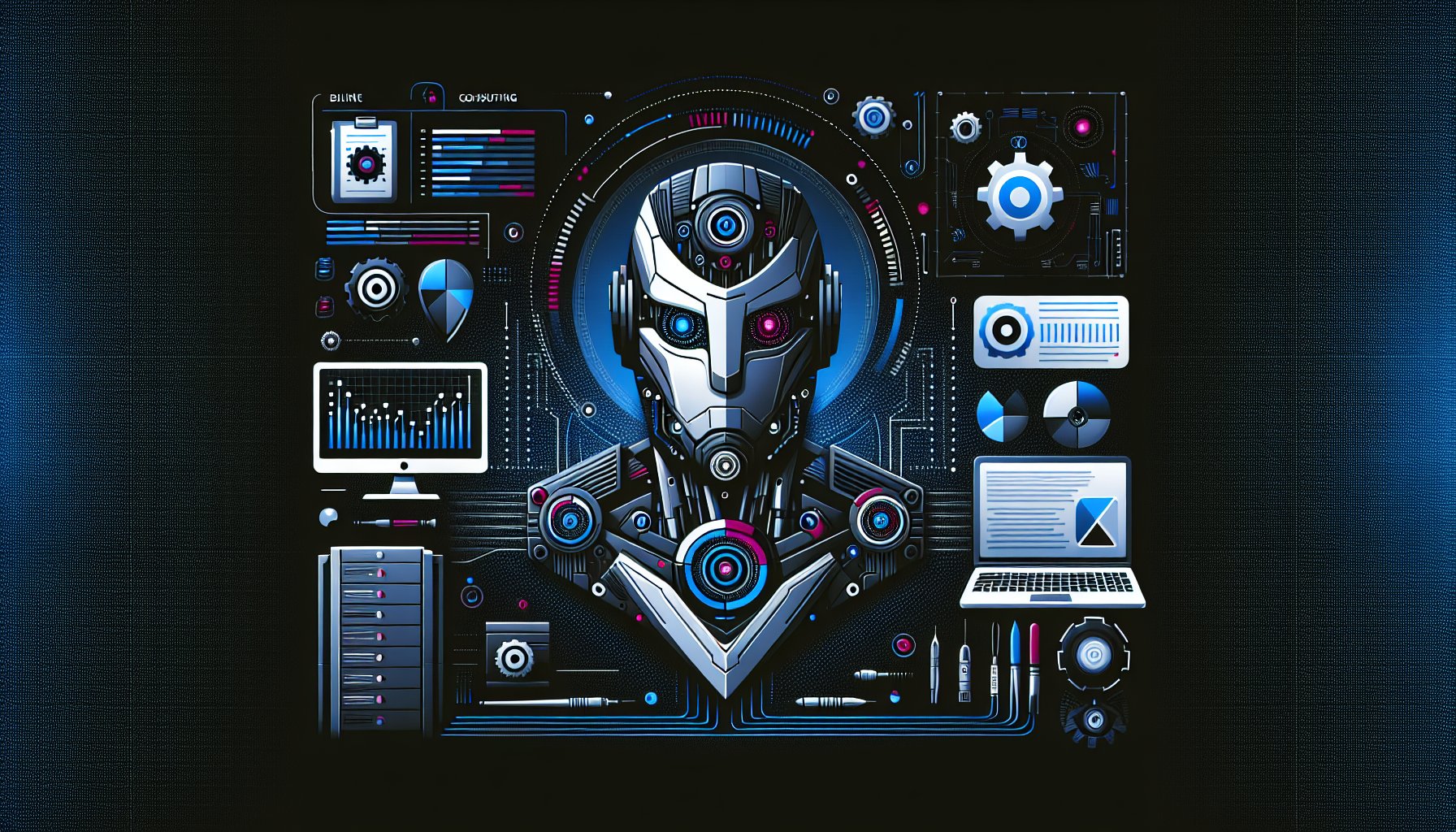Introduction
Performance Tuning has always been a critical aspect of IT infrastructure. Today, it is even more significant as businesses rapidly embrace emerging technologies and complex applications to stay competitive. This post delves into the current cutting-edge Performance Tuning strategies for developers and IT professionals.
Modern Trends in Performance Tuning
Modern Performance Tuning is all about scalability and optimization. With the advent of cloud-native applications, microservices, machine learning, and edge computing, the landscape has significantly changed. These technologies have introduced new opportunities and challenges in managing system performance.
Embracing Microservices
Microservices have changed the monolithic architecture paradigm, making it easier to tune performance at the granular level. Each microservice can be individually optimized for performance, allowing for greater control and flexibility.
Cloud Native and Scalability
Cloud-native applications have introduced elasticity, significantly improving scalability. Performance tuning in this context involves optimizing both the application and the cloud resources it utilizes.
Edge Computing
Edge computing has the potential to reduce latency considerably. By processing data closer to the source, businesses can optimize performance and improve user experiences.
Machine Learning for Performance Tuning
Machine Learning (ML) algorithms can automate the process of performance tuning. ML can analyze vast amounts of data to identify performance bottlenecks and suggest optimization strategies.
Best Practices for Cutting-Edge Performance Tuning
Performance tuning is not a one-time task. It requires constant monitoring and optimization. Here are some best practices to follow in 2025:
Use Profiling Tools
Modern profiling tools provide in-depth insights into applications' performance. These tools can identify bottlenecks and provide actionable insights for optimization.
Automate with Machine Learning
ML can be used to automate performance tuning tasks. It can analyze patterns and make recommendations, freeing up valuable time for developers.
Optimize Cloud Resources
Cloud resources should be optimized to match the application's demands. This can involve scaling resources up or down based on usage patterns.
Monitor Continuously
Continuous monitoring is key to maintaining optimal performance. With the right monitoring tools, issues can be detected and resolved before they impact user experiences.
Conclusion
Performance tuning has evolved rapidly in the face of new technologies. Embracing these changes is crucial for businesses and developers alike. By staying abreast of the latest trends and best practices, you can ensure your applications deliver the best possible performance.
Remember to embrace microservices where possible, optimize cloud resources, utilize machine learning for automation, and continuously monitor your applications. With these strategies, you'll be well-equipped to handle the challenges and opportunities that lie ahead in the world of Performance Tuning.
